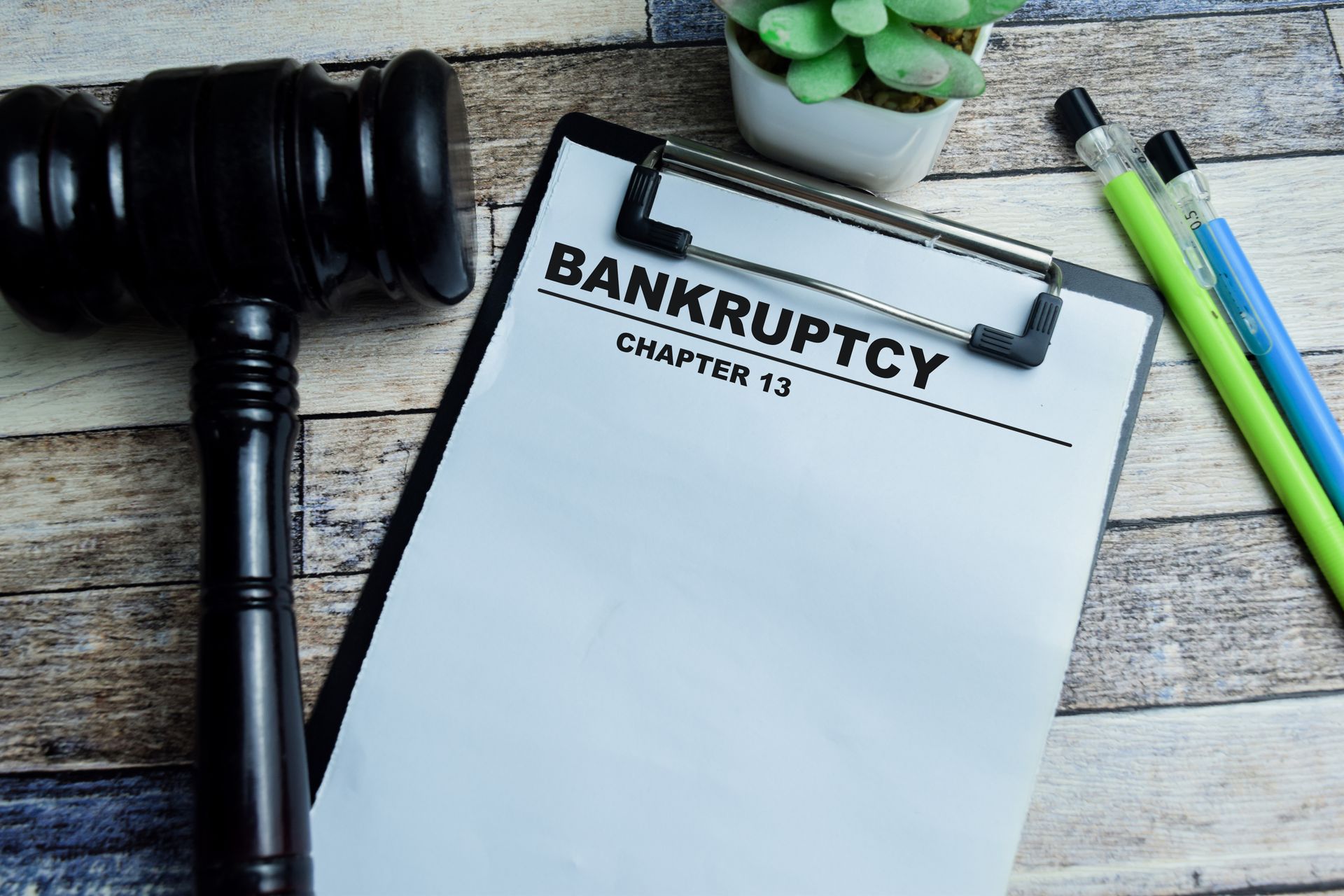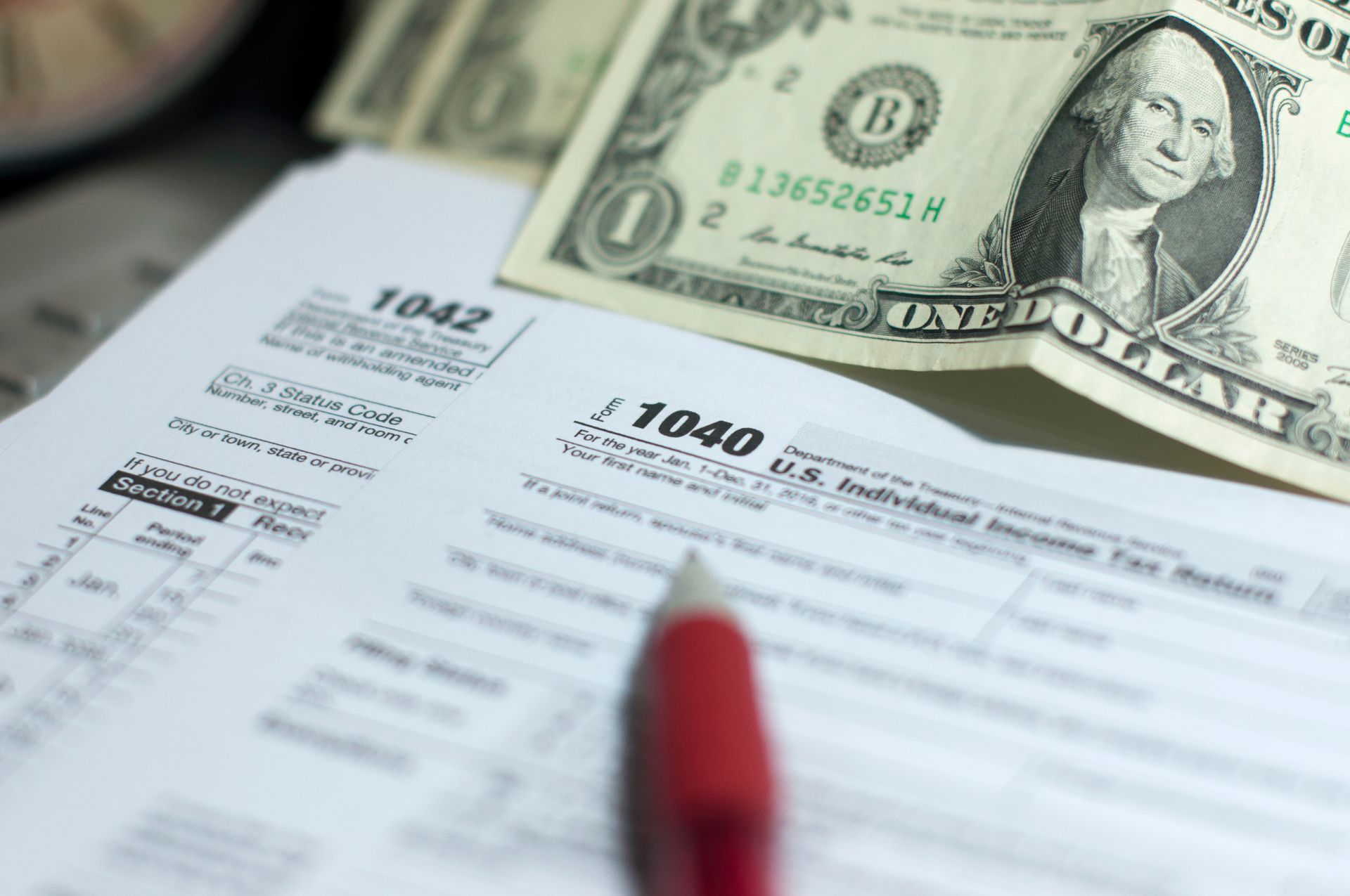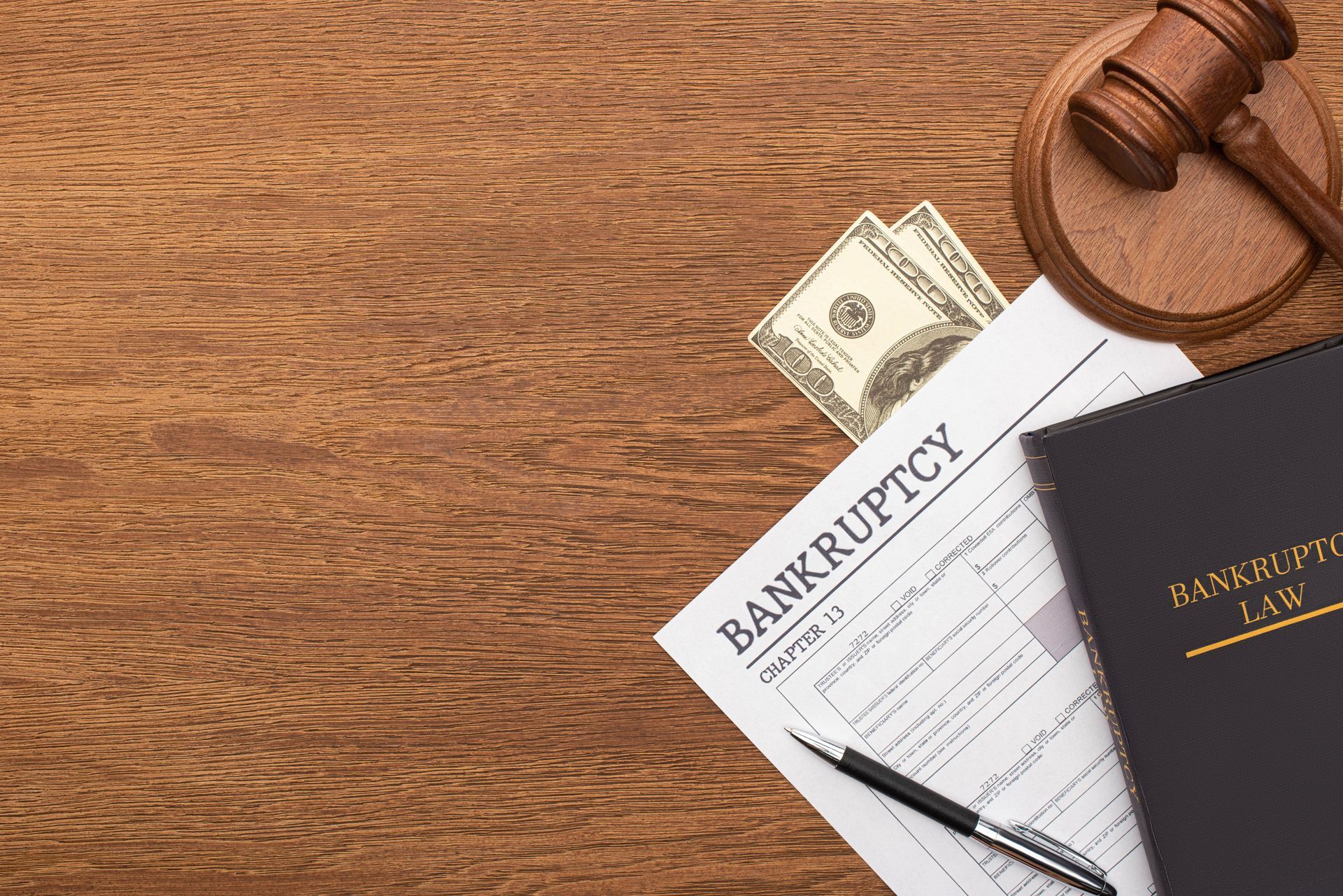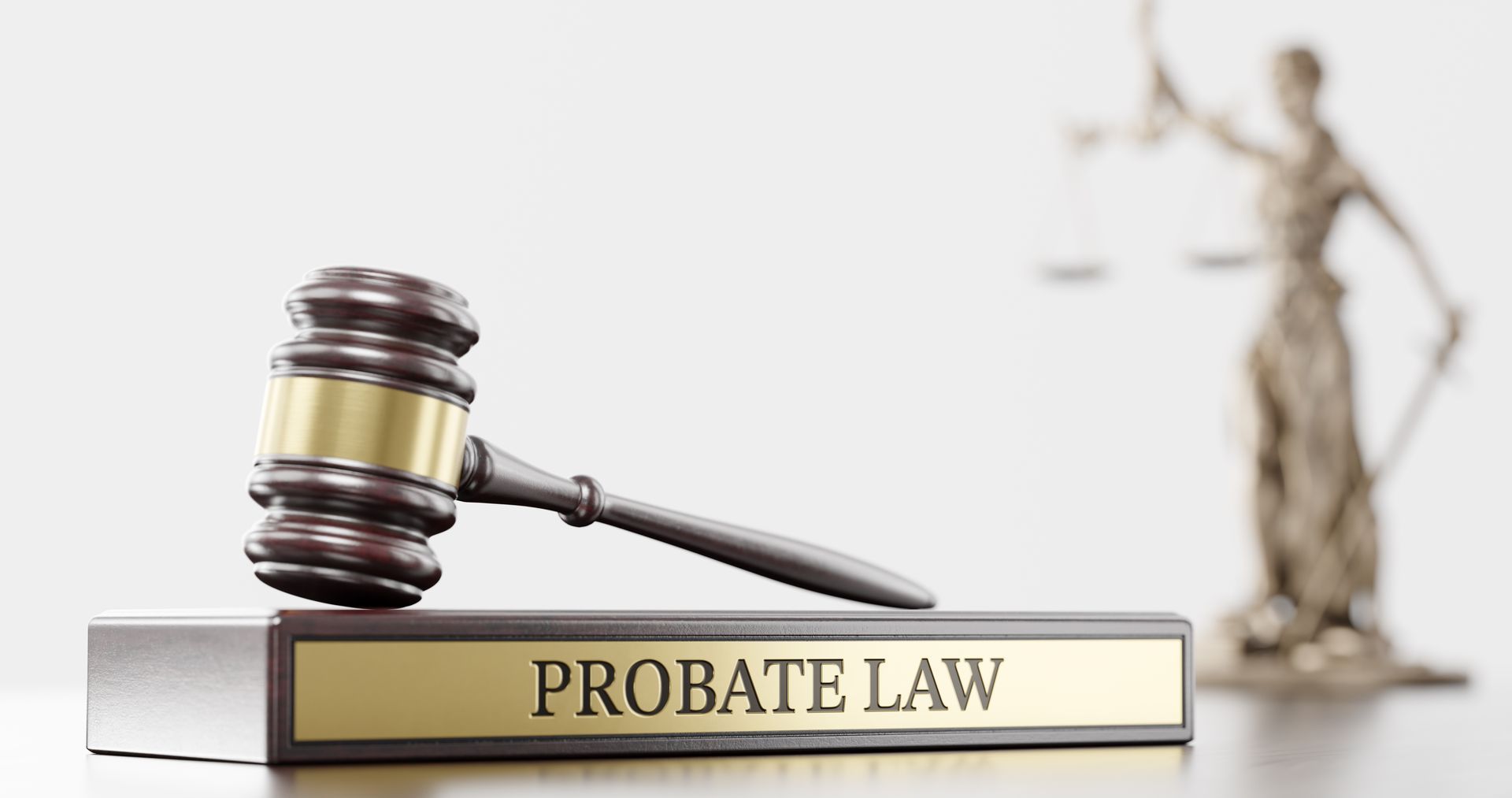Is Chapter 13 Bankruptcy the Right Choice for New Jersey Residents?
Financial hardship can bring you to a crossroad where each signpost seems to point towards bankruptcy. For New Jersey residents pondering this difficult decision, understanding which type of bankruptcy to file is critical. In particular, Chapter 13 bankruptcy often surfaces as a potential path for those deep in debt. But how do you determine if it's the right choice for your specific situation? Let's explore.
Facing financial turmoil can be distressing and isolating. However, remember that options like Chapter 13 bankruptcy are legal tools designed to provide relief and a fresh start. Primarily aimed at individuals with a regular income, Chapter 13 allows you to restructure debts and set practical repayment plans. This blog post aims to guide New Jersey residents through the intricacies of Chapter 13 and help evaluate if it's suitable for their financial restoration.
Understanding Chapter 13 Bankruptcy
Chapter 13 differs from its more severe counterpart, Chapter 7, which involves liquidating assets to pay off debts. Instead, Chapter 13 focuses on debt reorganization. Under it, debtors propose a repayment plan to make installments to creditors over three to five years. This structure is particularly beneficial for individuals seeking to prevent home foreclosure, make up missed car or mortgage payments, or pay off back taxes.
Who Should Consider Chapter 13?
Chapter 13 bankruptcy may be a viable option for you if:
- You have consistent income that can support a structured repayment plan.
- You possess non-exempt property you wish to keep, which might otherwise be lost in a Chapter 7 case.
- You are behind on secured debts and need a mechanism to catch up.
- Your debts don't exceed certain amounts, since Chapter 13 has debt limits.
Assessing Your Financial Position
To accurately determine if Chapter 13 is appropriate, an honest assessment of your financial status is essential. Gather accurate information about all your debts, assets, income, and living expenses. New Jersey residents should also consider local median income levels, as these can affect qualification.
Professional Guidance
Given the complexities of bankruptcy law, consulting with a bankruptcy attorney can offer tailored advice for your circumstances. New Jersey has a plethora of legal professionals specializing in bankruptcy who can provide clarity on Chapter 13 and if your financial situation aligns with this option.
The Pros and Cons of Chapter 13
Every remedy has its advantages and disadvantages, and Chapter 13 is no exception. Let's weigh the pros and cons.
Pros:
- Save Your Home: A significant draw for Chapter 13 is the opportunity to avoid foreclosure.
- Flexible Plan Structure: Repayments are tailored to your financial situation.
- Broader Discharge Options: Chapter 13 typically offers more dischargeable debt than Chapter 7.
Cons:
- Commitment: Repayment plans extend over years, demanding long-term budget adherence.
- Impact on Credit: As with other bankruptcy forms, it significantly affects your credit standing.
- Restrictive Living: The court-approved budget may mean a tighter belt for some time.
Ultimately, the decision to file Chapter 13 bankruptcy revolves around personal financial realities and goals. For New Jersey residents with a steady income seeking to protect assets and restructure debt payments, Chapter 13 offers a dignified way to address financial obligations and move towards stability. It's a commitment not without its challenges, but with the proper guidance and preparation, it can be a stepping stone to regaining financial control.
Before proceeding, remember the importance of obtaining professional advice. Bankruptcy is not the end of the road but a chance to pave a new path. With careful planning and the right support, you can navigate your way to a more prosperous financial future.
Are you considering Chapter 13 bankruptcy and in need of guidance? If you're a New Jersey resident looking for answers, consult with a qualified bankruptcy attorney today and start the process of reclaiming your financial freedom.

